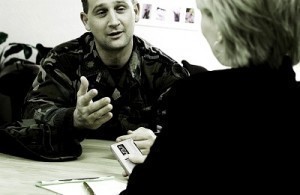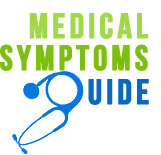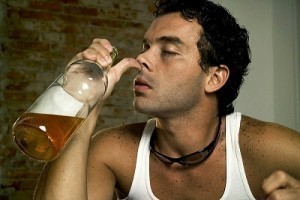Addiction Treatment
Addiction is a rather complex kind of disease. It is often characterized by at times uncontrollable and usually intense craving. Those who suffer from it often seek the substance they’re addicted to even treading over devastating consequences. Because of these as well as a host of other reasons, there is really no universal addiction treatment out there.
Path towards Addiction
Addiction will always begin with a voluntary surrender of one’s will. For example, one voluntarily takes prohibited drugs and in time due to repeated use, drug addiction begins. That person’s ability to choose will then be given up and the habit pretty soon becomes compulsive.
Defining Addiction
Addiction, in every sense of the word, is a brain disease. It affects many brain functions and circuits. The parts and/or functions that are affected are broadly inclusive, which includes memory, learning, behavior inhibitory control, and reward and motivation. Eventually, addiction will disrupt many aspects of human life given the multiplicity of its dimensions.
Addiction Treatment Goals
Though it is true that one form of addiction treatment that works for one individual isn’t necessarily effective for everyone, all forms of treatment have the same goals. Every treatment program is usually made of different components each aimed at the different aspects of this illness. Each program also targets specific consequences rooted in this disease.
Goals of addiction treatment include helping individuals curb their dependence on the substances they are addicted to, achieve a productive family function, maintain an addiction free lifestyle, help the individual regain functions at work, home, and society. Take note that treatment will take quite a while since they are fundamentally long-term. This is due to the fact that addiction is in fact a chronic disease.
Approaches to Addiction Treatment
Two important elements of treatment are behavioral therapy and medication. These two are usually combined during the entirety of the treatment. An important part of the treatment process is easing any form of withdrawal symptom. The therapeutic process, however, starts with a person’s detoxification. Only after that will there be a move towards preventing relapses.
However, no matter how effective any treatment may go, it is expected that relapse episodes will occur. When that occurs, components of prior treatment will have to be reused. Another important element is to maintain constant care during a regiment of treatment that is customized for each individual.
The Use of Medications
Medications may be used in the treatment process including withdrawal symptoms. Medications are usually helpful during detoxification in order to help suppress any symptom of withdrawal. Unfortunately, patients and those who tend to them often mistake medications as the treatment itself. Remember that medications are only the first few steps of the entire treatment process. The other aspects of this disease will also need to be addressed.
Medications are usually prescribed to help the patient regain normal brain functions. Some medications diminish cravings and prevent relapses. There are medications for addictions to substances such as alcohol, nicotine, morphine, and heroin. Current medications under development are intended to curb cravings and addiction to marijuana, methamphetamine, and cocaine. It should be noted though that those with severe cases are usually polydrug users and are addicted to more than one substance.
Buprenorphine, methadone, and naltrexone are some of the medications used to treat morphine and heroin addiction. Nicotine related therapies come in various forms including lozenges, gum, spray, and patches. Bupropion and varenicline are two prescriptions that are FDA-approved for nicotine addiction. The FDA has also approved naltrexone, acamprosate, and disulfiram for the treatment of alcohol addiction.
The Role of Behavioral Treatment
Behavioral treatment modifies a person’s behavior and attitude that relates to their addiction. It also increases their healthy life skills. It also works alongside with and increases the effectiveness of any medications. Forms of behavioral treatment include motivational interviewing, group counseling, residential treatment, motivational incentives, multidimensional family therapy, and cognitive-behavioral therapy. Effective addiction treatment will be accompanied by effective behavioral treatment.





